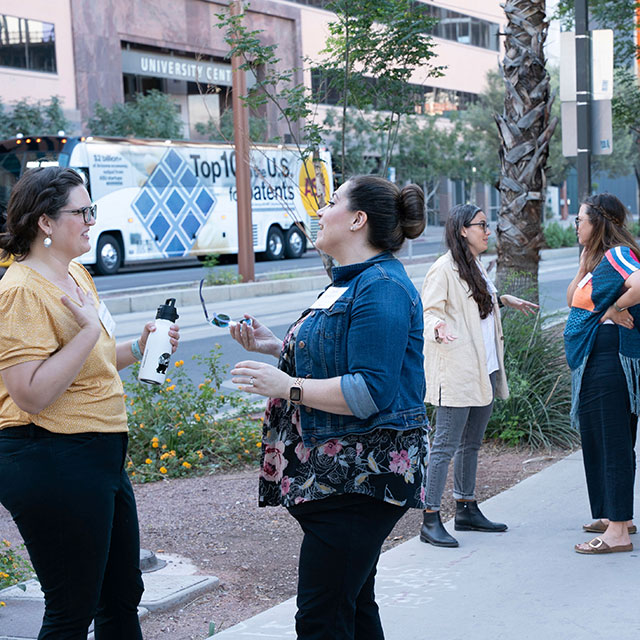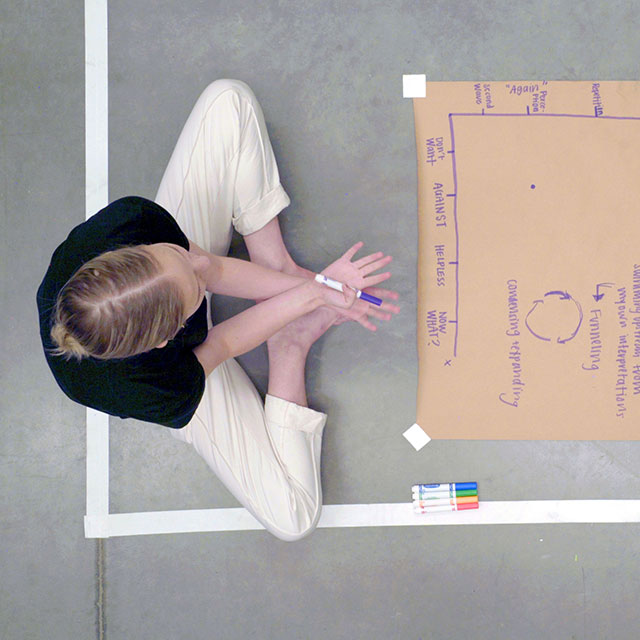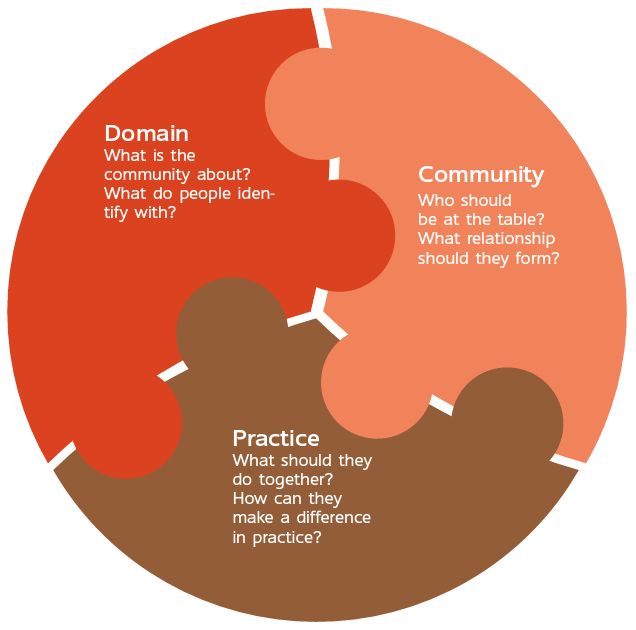PI and CoP connection

Principled Innovation
In Principled Innovation (PI), individuals come together to build on and advance professional initiatives by placing moral agency, or character, at the heart of their decisions. To understand, imagine, and create solutions for human flourishing, we must reflect upon the purpose of our innovations and ask the core question, “We can innovate, but should we?” By providing a framework with a set of guiding principles and defined character assets, PI essentially aids us in enacting our character to solve real-world problems and take meaningful action.

Seven strategies for character development
As one of the objectives in institutionalizing PI at ASU, we are embracing the Seven Strategies for Character Development (Lamb, Brant, Brooks, n.d.) within our curricular and co-curricular experiences. This means that these strategies are utilized during meetings, convenings and other professional learning activities in developing the PI assets and practices amongst students, staff, faculty, and the greater community. Additionally, these Seven Strategies are woven into one of our primary vehicles to engage in the arduous yet valuable work of designing innovations that result in change for the social good; it is via a committed team with a shared purpose—a “Community of Practice.”

Structural elements of a community of practice
Wenger-Trayner, E., Wenger-Trayner, B., Reid, P., & Bruderlein, C. (2023). Communities of practice within and across organizations: A guidebook. Social Learning Lab.
Community of Practice
People who share a common stream of work or interest have an intrinsic motivation to come together, meet regularly, and focus on a practice. Models of this concept are Communities of Practice (CoPs), which can be defined as social spaces in which participants learn from each other and leverage that learning to advance the flourishing of their members (Wenger & Snyder, 2000; Buckley, Steinert, Regehr, & Nimmon, 2019).
Essentially, the CoP is a self-directed, committed team with a shared purpose. In our context, this means a dedicated group of professionals who have come together to innovate for the purpose of improving their systems in a way that fosters the human flourishing of learners, faculty, and staff – otherwise known as Principled Innovation. A CoP is the ideal setting for enacting Principled Innovation (PI), as it provides the opportunity to collaborate with colleagues reflectively, creatively, morally and ethically to bring about change for the social good.
How do Principled Innovation CoPs operate differently from traditional meetings?
| FROM Traditional Meetings… | TO PI Communities of Practice |
|---|---|
| Hierarchical leadership | Shared leadership |
| Agenda created by leader/chair | Agenda collaboratively set by group |
| Regularly facilitated by leader | Facilitation rotated amongst community members |
| Work dictated by group chair and commitment level is varied, limited engagement | Group determines direction of work and objectives, shared commitment to success |
| Top-down learning, concepts learned sporadically applied to work | Members learn from each other, learning is leveraged to advance the work and flourishing of all stakeholders |
| Often extrinsic motivation and expectations from leadership drive the progress of the work | Passion and excitement around shared domain drives progress of the work, natural intrinsic motivation |
| One-sided or closed dialogue, few perspectives shared | Open dialogue, multiple perspectives are regularly welcomed and heard |
| May or may not be guided by organization’s values and norms | Guided by and consistently reflect upon use of PI practices and assets |
Note: Bold text denotes PI-specific practices and Seven strategies of character that complement the CoP structure.